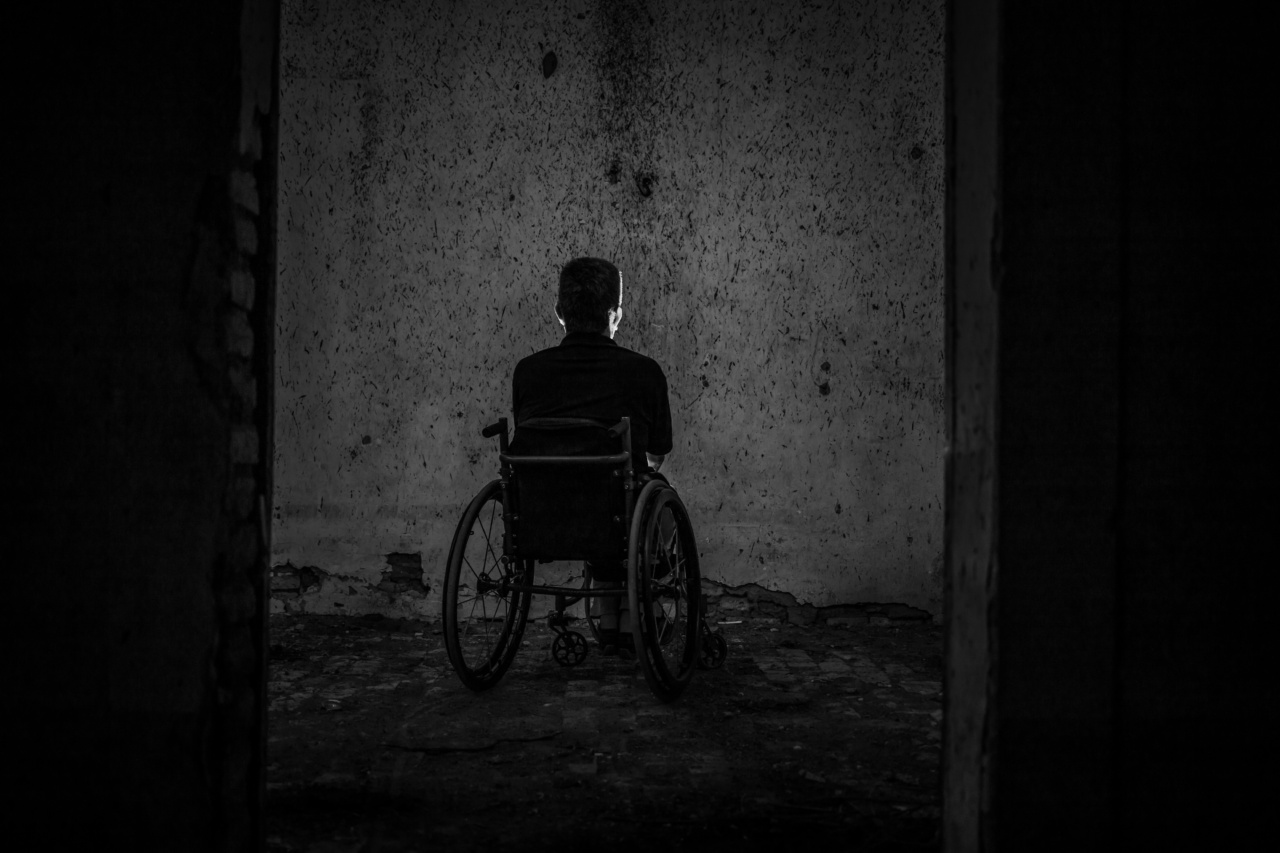In today’s fast-paced, technologically-driven society, loneliness and isolation have become increasingly prevalent.
The rise of individualism and the breakdown of communal structures have contributed to a sense of disconnection and solitude, particularly among men. While loneliness affects individuals of all genders, research suggests that men are more prone to experience isolation due to societal expectations of masculinity.
This article explores the factors contributing to loneliness and isolation among men in a post-communal world, as well as potential solutions to address this pressing issue.
Understanding Loneliness and Isolation
Loneliness can be defined as a distressing feeling that arises when an individual perceives their social relationships to be inadequate.
It is important to differentiate between loneliness and social isolation, although these two concepts are often intertwined. Social isolation refers to the absence of social interactions and relationships, while loneliness is the subjective experience of being alone and feeling disconnected from others.
The Impact of Societal Expectations on Men
Traditional notions of masculinity, reinforced by societal expectations, often discourage men from expressing vulnerability or seeking emotional support.
Men are often taught to prioritize independence and self-reliance, which can make it challenging to form and maintain meaningful connections. This pressure to conform to traditional masculine roles can contribute to a sense of isolation, as men may feel compelled to suppress their emotions and mask their loneliness.
Breakdown of Communal Structures
In the past, communal structures such as close-knit neighborhoods, extended families, and community organizations played a significant role in fostering social connections.
However, with the advent of urbanization and the erosion of these communal ties, individuals, including men, are increasingly living in fragmented and disconnected communities. The loss of communal support networks has resulted in heightened feelings of loneliness and isolation.
The Digital Age and Its Paradoxical Effects
While technology has undeniably made the world more interconnected, it has also contributed to a paradoxical sense of isolation. Social media platforms, although designed to connect individuals, can sometimes amplify feelings of loneliness.
The carefully curated highlight reels showcased on these platforms can create a false sense of comparison and inadequacy, ultimately leading to increased feelings of isolation among men.
Furthermore, excessive screen time and reliance on digital communication can hinder face-to-face interactions and the development of meaningful relationships.
The convenience and ease of online communication often come at the expense of genuine human connection, leaving many men feeling lonelier than ever.
Health Implications of Loneliness
The effects of loneliness and isolation extend beyond emotional well-being and have significant implications for physical health.
Research has linked chronic loneliness to increased risk of cardiovascular diseases, compromised immune system functioning, and mental health issues such as depression and anxiety. Men, in particular, may be more susceptible to the adverse health effects of social isolation due to societal expectations related to stoicism and the avoidance of seeking help.
Addressing Loneliness Among Men
Recognizing the need to tackle loneliness and isolation among men is a crucial step towards creating a more inclusive and supportive society. Here are several strategies and interventions that can help address this issue:.
1. Challenging Traditional Masculinity Norms
Educating and challenging societal norms surrounding masculinity is vital in creating an environment that encourages emotional expression and vulnerability.
Breaking down stereotypes and promoting the idea that seeking support is a sign of strength can help men overcome the barriers preventing them from forming meaningful connections.
2. Cultivating Spaces for Connection
Creating physical spaces and virtual communities that foster connection and support can go a long way in combating loneliness.
Local community centers, men’s groups, or online platforms dedicated to discussing mental health and building social networks specifically for men can provide much-needed spaces for connection and support.
3. Promoting Mental Health Services
Increasing access to mental health resources and raising awareness about the benefits of seeking professional support is crucial.
Encouraging men to seek help when needed and reducing the stigma surrounding therapy and counseling can play a significant role in reducing loneliness and isolation.
4. Strengthening Relationships
Investing time and effort into building and maintaining relationships is essential. Encouraging open communication, active listening, and fostering empathy can help create stronger connections and combat feelings of isolation.
5. Encouraging Balancing Technology Use
While technology can facilitate connection, finding a balance is crucial. Encouraging men to prioritize in-person interactions and limit excessive screen time can help promote genuine connections and reduce feelings of isolation.
The Path to a Less Lonely World
Loneliness and isolation among men in a post-communal world are pressing issues that demand attention and action.
By challenging societal norms, fostering connections, promoting mental health services, strengthening relationships, and encouraging a balanced approach to technology use, we can create a society that values emotional well-being and cultivates a sense of belonging. Together, we can pave the path towards a less lonely world.






























